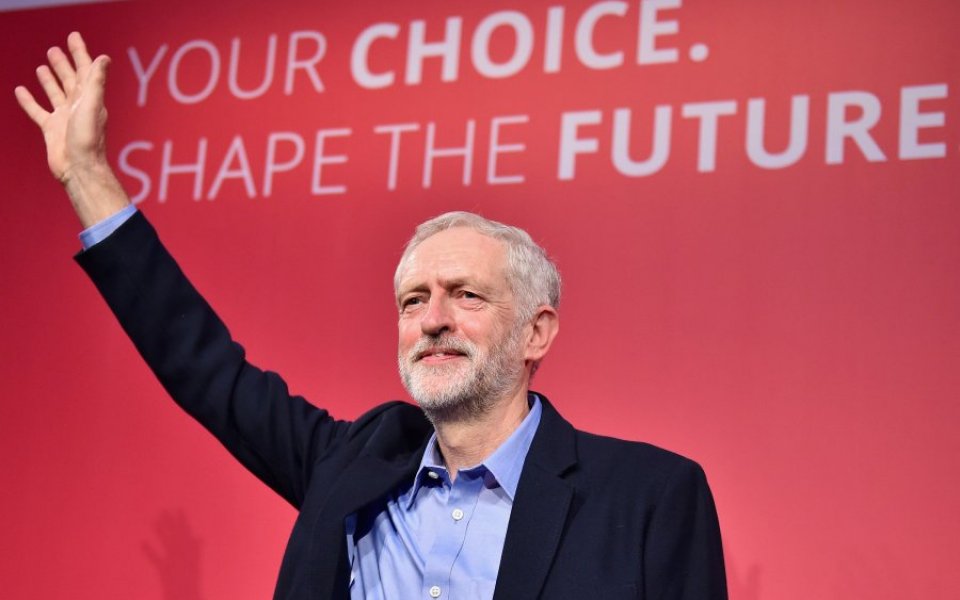Labour party conference 2015: Business leaders shouldn’t discount Jeremy Corbyn completely – his paternity leave plans suggest there could be open-minded approach

People had made their minds up about Jeremy Corbyn long before he’d really showed his hand.
The collective wisdom is that he is the antithesis of the politics that we’ve come to know, and in particular that he is virulently anti-business.But collective wisdom isn’t necessarily right, and Corbyn began to prove this when he addressed the Labour Party Conference yesterday.
It was a no-frills speech, light on policy but notable when compared with what we have come to expect from conference season. There was no overblown walk-on music, no bombastic delivery. There was none of the hubris of ‘Things Can Only Get Better’.
But in the middle of his speech, Corbyn gave a hint about his intentions when it comes to small business.
As had been previously trailed, the Labour leader announced that a government under his leadership would consider extending the right to statutory maternity and paternity leave to the self-employed. This is a major step, and one that we wholeheartedly welcome.
We fight the corner of self-employed people every day, and we have spent years listening to their needs. We have long insisted that the benefits of the welfare state should no longer be locked away from the self-employed. These people make their contribution just as everyone does, but often they do not enjoy the support that they need – and this is particularly important since 2008, when the self-employed have faced a major wage collapse.
Corbyn’s vision of the future of British business is different to that held by other major politicians, but that doesn’t make it wrong. In addressing the needs of the self-employed, he is tackling head-on one of the most important economic issues of our time: the complete sea change in employment. According to a report from the IPPR, 40 per cent of the new jobs created in the last half decade have been in self-employment. To be self-employed is becoming the new normal.
This mirrors the collapse of the Fordist paradigm. We no longer to go the factory every day, clocking in and clocking out at set hours. The structures that were built to support that paradigm are increasingly irrelevant. Corbyn is attacked for being a ‘dinosaur’, but the irony is that few politicians have recognised the changing face of the UK economy, and pledged to act on it, in the way that he did yesterday.
Clearly, the old socialism cannot work today. But an updated version, one that recognises the contribution made by business but injects it with a real conscience, could be exactly what the UK needs to return to growth.
Unless he can show how he would deliver that growth, Corbyn will be unelectable. But he may yet surprise us all.